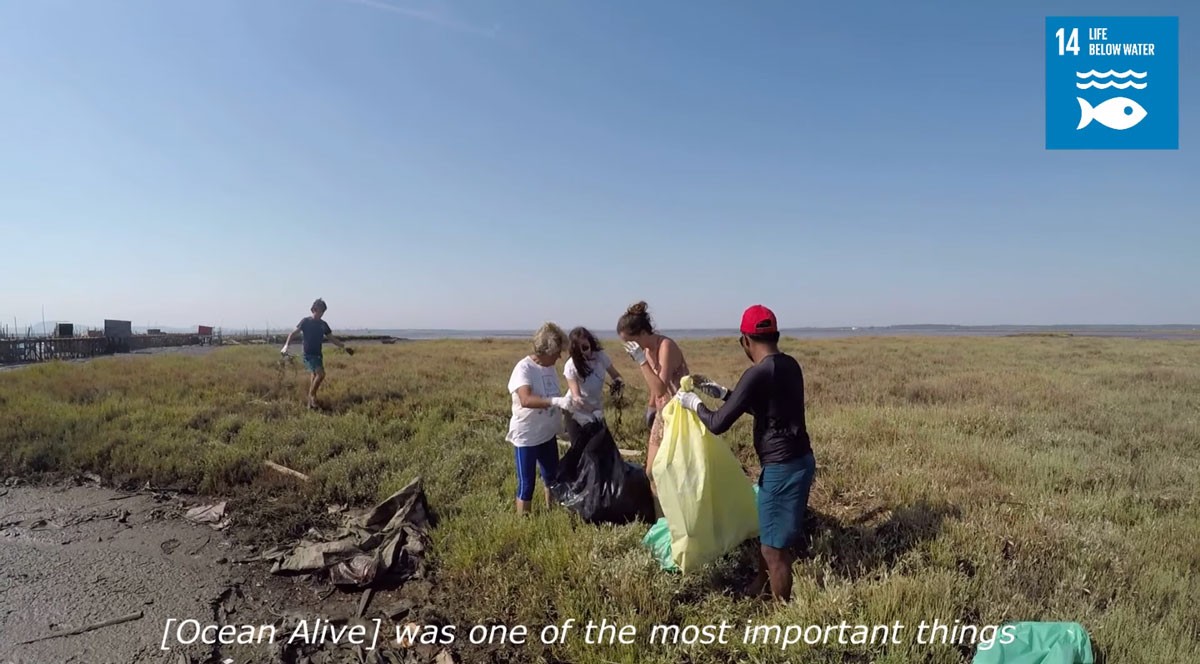Portuguese researcher is climate change ambassador
Researcher Raquel Gaião said today she will do her best as a youth ambassador to combat climate change, a status she has achieved by winning an international video contest promoted by the UN.
In a statement released today, Ocean Alive, Portugal’s first cooperative dedicated to ocean protection, revealed that the video made by Raquel Gaião won the “The Global Youth Video Competition”, organized under the UN Climate Summit.
The video of the Portuguese biologist, who, in 2018, was the first Portuguese woman to win the Global Biodiversity Information Facility Young Researchers Award, with a paper on the impact of climate change on macroalgal distribution on the Atlantic coast of the Iberian Peninsula, “was selected from 400 candidates from around the world and has already gained more than 60,000 audience views. ”
The work of the researcher of Viana do Castelo will be exhibited at the Climate Summit on September 23 in New York, and at the Conference of the Parties (COP25) in December, in Chile, where Raquel Gaião Silva will be present.
In addition to becoming a youth ambassador for combating climate change, the young biologist will be a youth reporter at COP25, where she will present the project that inspired the video documenting Ocean Alive’s work as “an example of the contest category. Cities and local action to combat climate change “.
According to the researcher, the work developed by the Portuguese cooperative “made the sea guardians become agents of change, influencing other fishermen to use less destructive techniques and not pollute the sea waters so much.”
“Marine grasslands, unknown to the general public, are aquatic plants that form a marine forest that sequester carbon at a rate 30 times higher than that of terrestrial forests.”
Ocean Alive “draws attention to the imminent risk of degradation of the Sado estuary prairies as a result of the extensive dredging planned as part of the work to improve access to the port of Setúbal.”
Ocean Alive calls for “awareness by the Portuguese government of the need to change the paradigm of wealth and job creation while maintaining the benefits of the Sado estuary as a natural system that guarantees the quality of life and a sustainable future. inline with our country’s UN commitments. “




